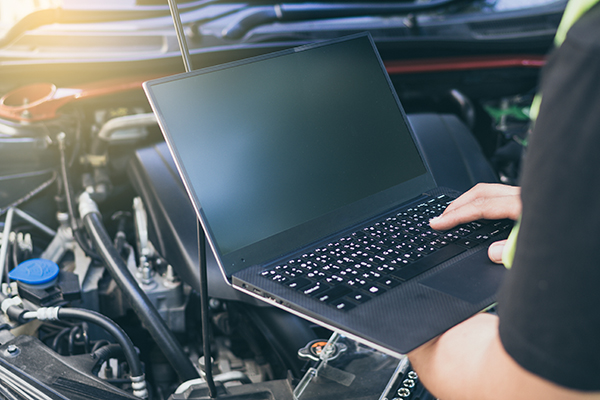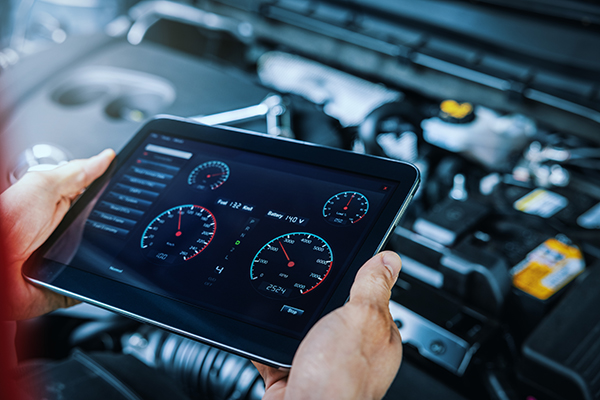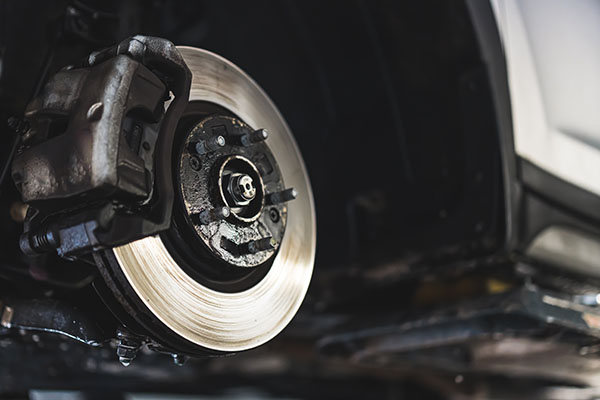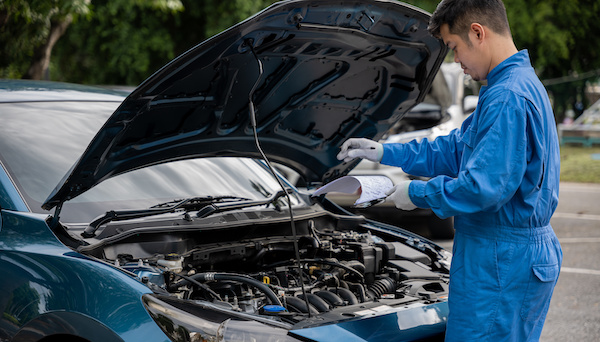Posted on 9/30/2023

In the modern automotive world, your car's electrical system is as important as the engine. While we often take it for granted, this intricate network of wires and components is vital for a smooth and functional ride. But just like any car part, even the most harmonious auto electrical system can fall out of tune. 1. Dimming Headlights and Interior Lights If you notice your headlights or interior lights flickering or dimming while driving, it could be a sign of electrical issues. This may indicate a faulty alternator, a weakening battery, or poor electrical connections. 2. Slow or Unresponsive Start When your car struggles to start or exhibits a slow crank, it could be due to a failing starter motor, a weak battery, or corroded battery terminals. Ignoring this can lead to a no-start situation. 3. Frequent Blown Fuses If you find yourself replacing fuses more often than usual, it's a clear sign of an electrical problem. Bl ... read more
Posted on 8/31/2023

Revving engines, the smell of gasoline, and the thrill of the open road – there's something undeniably exciting about cars. But behind the wheel, there's a lot more to consider than just the thrill of the ride. Regular tune-ups are the unsung heroes of automotive care, ensuring your vehicle stays in peak condition. What Exactly is a Tune-Up? Imagine your car's engine as the heart of your vehicle. Just like your heart needs check-ups by doctors, so does your engine. A tune-up is essentially a comprehensive check-up for your car. It involves inspecting, adjusting, or replacing various components to ensure your vehicle operates efficiently and safely. Why Tune-Ups MatterImproved Fuel Efficiency: A well-tuned engine runs more efficiently, which means better gas mileage. That's money saved at the pump and a smaller carbon footprint. Extended Lifespan: Regular tune-ups can prolong the life of your ... read more
Posted on 7/31/2023

Your vehicle's braking system is one of its most critical safety components. Proper maintenance of the braking system ensures optimal performance, responsiveness, and, most importantly, safety on the road. But how can you maintain all of the parts that make it up? Well, continue reading to find out - here is a breakdown of every components service needs: 1. Brake Pads Brake pads are the primary components responsible for creating friction and slowing down your vehicle when you press the brake pedal. Regularly inspect your brake pads for wear. Most brake pads have wear indicators - small metal tabs that produce a squealing noise when the pads need replacement. Replace worn brake pads promptly to prevent damage to other braking components. 2. Brake Rotors (Discs) The brake rotors, or discs, are the flat, shiny surfaces that the brake pads press against to create friction and slow down the vehicle. Inspect the rotors for signs of warping, sc ... read more
Posted on 6/29/2023

Keeping your vehicle in top shape goes beyond regular oil changes and tire rotations. Following the factory-scheduled maintenance intervals recommended by your vehicle's manufacturer is essential for maintaining its performance, reliability, and longevity. Here are 7 ways your car benefits from regular factory scheduled maintenance visits: Enhanced Reliability Of course, the first one on our list is an increase in reliability. Regular maintenance helps identify and address potential issues before they become major problems. By following the factory's scheduled maintenance intervals, you ensure that vital components such as the engine, transmission, brakes, and suspension are inspected and serviced at the recommended intervals. This proactive approach reduces the risk of unexpected breakdowns, providing greater peace of mind and a more reliable driving experience. Extended Vehicle Lifespan Consistent maintenance signi ... read more
Posted on 5/30/2023

Hitting the open road for a road trip can be an exciting adventure, whether done solo or with friends or family, but it's crucial to ensure your vehicle is up for the journey. Before embarking on a long drive, it's vital to have your car, SUV, or truck checked by a professional auto mechanic. Here are some reasons why having your car checked before a road trip is a wise decision: Safety: The most important reason to have your car checked before a road trip is for safety. A thorough inspection can detect any potential issues that could lead to a breakdown or accident on the road. Avoid costly repairs: A pre-trip inspection can identify any underlying issues that, if left unaddressed, could turn into major problems that are costly to repair. By catching these problems early, you can avoid more significant expenses down the road. Better fuel efficiency: A well-maintained vehicle is more fuel-efficient. A tune-up and tire pressure check can make a significant difference in your ... read more